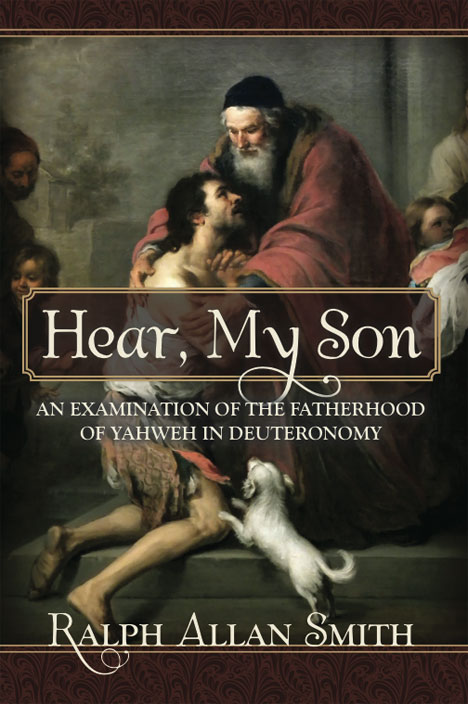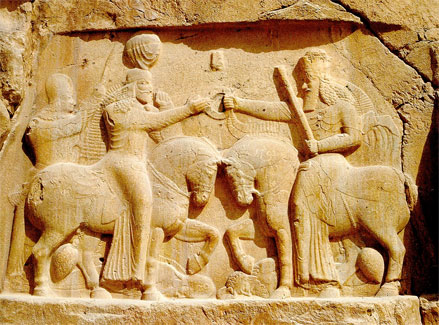A New Covenant
Jesus’ words in John 14:23 follow the blueprint for His work in God’s people in the 40 years between AD30 and AD70.
Homo Adorans and the Big Bang
“All those who hate me love death.” Proverbs 8:36
Ralph Smith notes that Western culture, particularly the United States, is suffering from a clash of two worldviews, two competing narratives that “vie for the right to define our world.”
A review of the biblical story already sets the biblical worldview against much modern thought. The theory of evolution, of course, contrasts sharply with the miraculous creation of the world in six days and man’s special creation as the image of God. The story of Adam and Eve as the original family stands in stark, if implicit opposition to all forms of racism, feminists’ denial of different sexual roles for male and female, homosexuality, and polygamy, to name only a few areas in which contemporary thought clashes with the Christian worldview.
Seven Brides
or The Disunited State of Samaria
“…and they are seven kings;
five have fallen,
one is,
the other has not yet come;
and when he comes,
he must remain a little while.” (Revelation 17:10)
Time for another weird one. Although it’s probably only weird to the conservative evangelical Bible scholars among us. [1]
Albert’s post on marriage the other day allows us to see the context of the sin of the Samaritan woman. James Jordan observes that this woman was most likely a victim of this unjust system, hence the other Samaritans’ readiness to believe her testimony.
The Restoration Covenant
Ralph Smith helpfully applies the five point Covenant model to the history of Israel between the captivity and Christ:
1) Transcendence: God’s sovereign control over the nations was revealed in this period of the old covenant more than any other. Daniel foresaw the whole history of the world from the time of Babylon to the time of establishment of the kingdom of the Messiah (Dan. 2:27ff.; 7:1ff.). Clearly the kingdoms of this world were in His hand and He was guiding history where He willed. For the Jews as a nation, this greater revelation of God’s Kingship was important for they would be apparently in the hands of unbelieving rulers through much of this period, but the fact that God had predicted the history of the entire era from the beginning put all of this in a different light. The Jews learned anew that “The king’s heart is in the hand of the LORD, as the rivers of water: He turneth it whithersoever He will” (Prv. 21:1).
Defining the Covenant
Personal and structural…
“Jordan’s definition of the covenant is striking. Continue reading





























